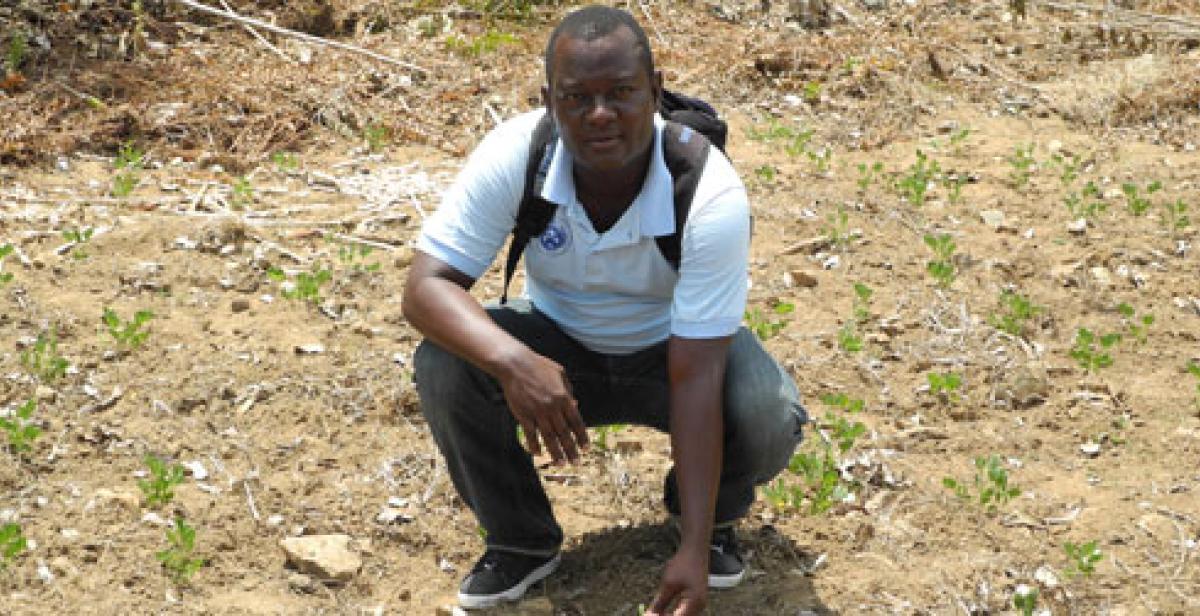Two annual reports published this week, by the UN and the UK’s Department for International Development, highlight some good progress made on improving the position of women worldwide and encouraging the sustainable management of natural resources.
Yet despite the optimistic tone of DFID’s Annual Review, the UN’s Millennium Development Goals Annual Progress Report shows there is still a long way to go in achieving gender equality and protecting our planet’s precious natural resources.
Commitment to women and girls
Progressio supports the commitment shown by the UK's Secretary of State for International Development to women and girls in poor countries, and DFID’s pledge to "put girls and women at the heart of its programming". Yet violence against women and girls persists in many forms and they are also more likely to miss out on education and employment, as the UN’s MDG review reports that "The gender gap in employment persists." This needs to change.
Protecting natural resources for women farmers
Women make up the majority of small scale farmers who produce food for one third of the world’s population. Sustainable management of natural resources, especially water, is therefore extremely important to the many families who rely on the natural environment for providing food as well as livelihoods.
The MDG Progress Report notes concerns over natural resources and “Environmental sustainability [being] under severe threat,” in relation to deforestation, extinction of animals and the effects of increasing levels of greenhouse gases.
Water for agriculture and livelihoods
Unfortunately the Progress Report only mentions water in relation to sanitation and hygiene, which although important to everyday life, is not the full picture. Increasing access to water for growing food and raising livestock for people’s livelihoods is essential to enabling people to lift themselves out of poverty.
We need a more holistic approach to managing and protecting water resources, so that small scale farmers, especially women, are able to grow enough food for their family and do not have to rely on increasingly unpredictable rainy seasons.
What are we doing about this?
In the rural village of Lamine, in northern Haiti, Progressio Development Worker Gabriel Petit-Homme is supporting local people to install an 'impluvio' (water tank). "The impluvio is a structure that collects rainwater and then directs it to a tank where it is stored and distributed to users," Gabriel explains, “The aim of this impluvio is to supply water to irrigate some parcels of land (small farms) during drought seasons.
"We chose Lamine as the area for construction, as there are major problems with water supply, in particular in the community Vosanges. In this area farmers grow with rainwater only, and in drought periods the crops fail due to the lack of stored water." This is just one example of our work to increase peole's access to water for agriculture.
What next?
As the 2015 deadline for achieving the Millennium Development Goals looms, greater global efforts are needed to protect the management of natural resources, support smallholder farmers, promote gender equality and empower women – all of which are essential for the sustainable eradication of poverty.
Photo: DW Gabriel Petit-Homme in field of peanut plants, northern Haiti, © Lucy Jenkinson



